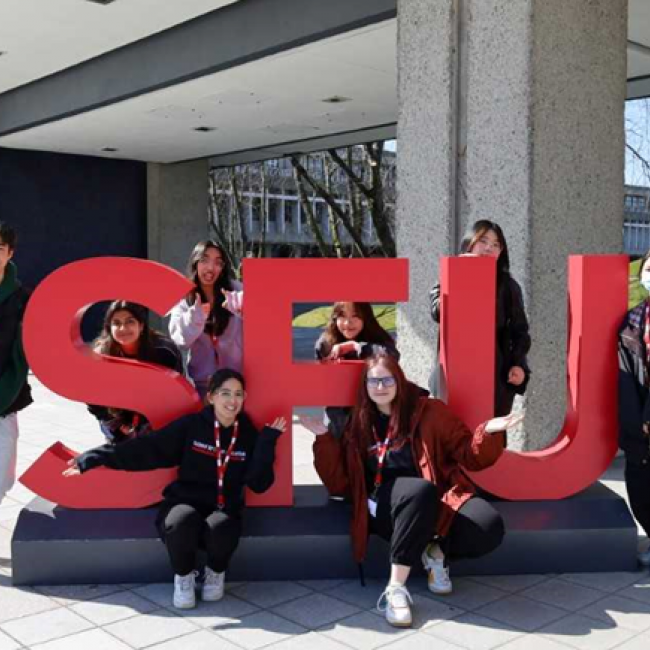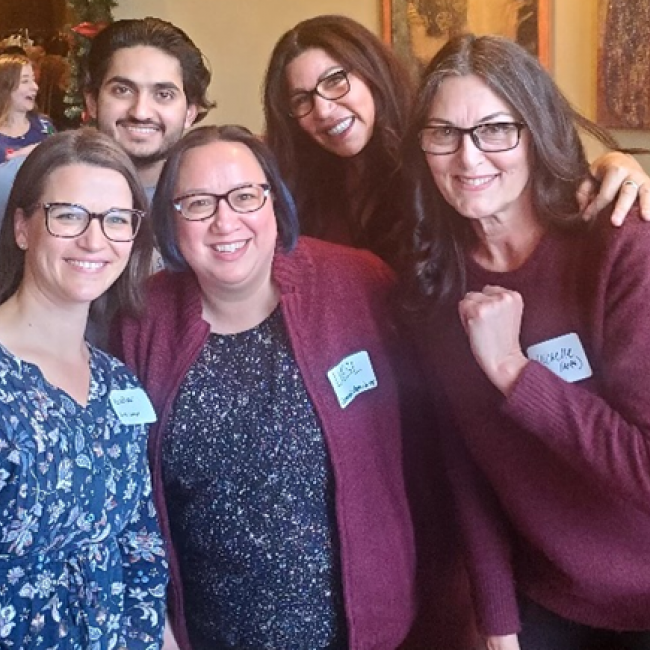
Today we’re talking to Rifayat Raisa, who graduated in April 2021 from the MA Economics program. During her time at SFU she was able to complete a co-op with Policy Reporter as a Research and Reporting Assistant. With this role she was able to break into the health economics industry and is still with the company today. Continue reading to have a look into her experience with co-op and what she’s learned along the way.
I went into my MA program right after I completed my undergrad degree so I didn’t have much work experience going into co-op. As an international student from Bangladesh, most of my experience came from working in the NGO sector there. This was something that I wanted to continue with but it was tough to find similar jobs since working in a developing country versus Canada is so different.
The role that I found myself in focused a lot on healthcare access, which involved a lot of pharmaceutical and medical jargon. This was something that was quite far from my comfort zone. Understanding topics such as US healthcare policy, pharmaceuticals, and biotech was new to me. I never would’ve imagined that a job like this would’ve existed without co-op. Prior to this position, I had taken a course in health economics. What excited me about health economics is that it is so different. You have to be more intuitive and more creative in applying economic models.
What keeps me at this company is knowing how invested my managers are in my personal development. There was a time when I felt stagnant in my role, and my daily tasks seemed repetitive and mundane. Although I was a bit hesitant at first, I reached out to my managers about this. They were extremely receptive and I have since seen a major shift. We have even updated our team goals because of this. Additionally, they supported me in signing up for certificates and workshops as well.
Don’t hesitate to communicate to your manager. It’s important to convey feelings of feeling burnt out or pressure. These things can affect your workflow and in return affect everyone around you. Don’t hesitate to ask for help or say sorry if you won’t be able to manage something. It’s important to be able to say no and be able to prioritize your work. It’s okay to reschedule and postpone deadlines. Life happens. Your incompetence isn’t reliant on one single scenario. Pushing one deadline doesn’t mean you’re incompetent. Don’t be afraid to take a stance. Regardless of the situation, it’s always better to submit good work.
To students who are applying, remember that it may seem difficult at times but it’s not impossible. Keep at it! Apply smart and not hard. Make sure you’re not applying blindly to jobs. Make sure that the jobs you are applying to match your skillset and lay that out in your cover letter. Show them that these are the skills that you are able to bring to the role. Connect the dots between your resume and the job description. Remember that you can always learn on the job. A lot of just requirements are wishlists. You will grow into the role and no one goes into a role knowing absolutely everything.
Confidence is also key. I find that jobs are always a lot easier and less stressful than academics. It is not always about having that book knowledge but more about whether you can figure a problem out. Do you have the ability to find information like you did when you were working on a research paper in school?
Don’t lose hope. You’ve made it this far. You’ve made it to grad school. This is half the battle!
Co-op allows you the ability to grow, refocus, and to analyze. You better understand the skills that you may lack or what skills you may need to utilize. It may help you better understand what courses to take going forward or help you understand what a good cover letter is. Co-op also teaches you vital people skills and the ability to problem solve. It’s a low-cost and low stake way of trying a job. The industry is so dynamic. It’s a great way to know what you may want to do in a future career.
There is huge diversity here. It’s a mosaic of work culture. Everyone brings in what they are comfortable with. I worked with friends at my old job and was known as a jokester. I didn’t know how this would translate into my new role but I realized that you will always find something to connect with others on. For example, plants!


























